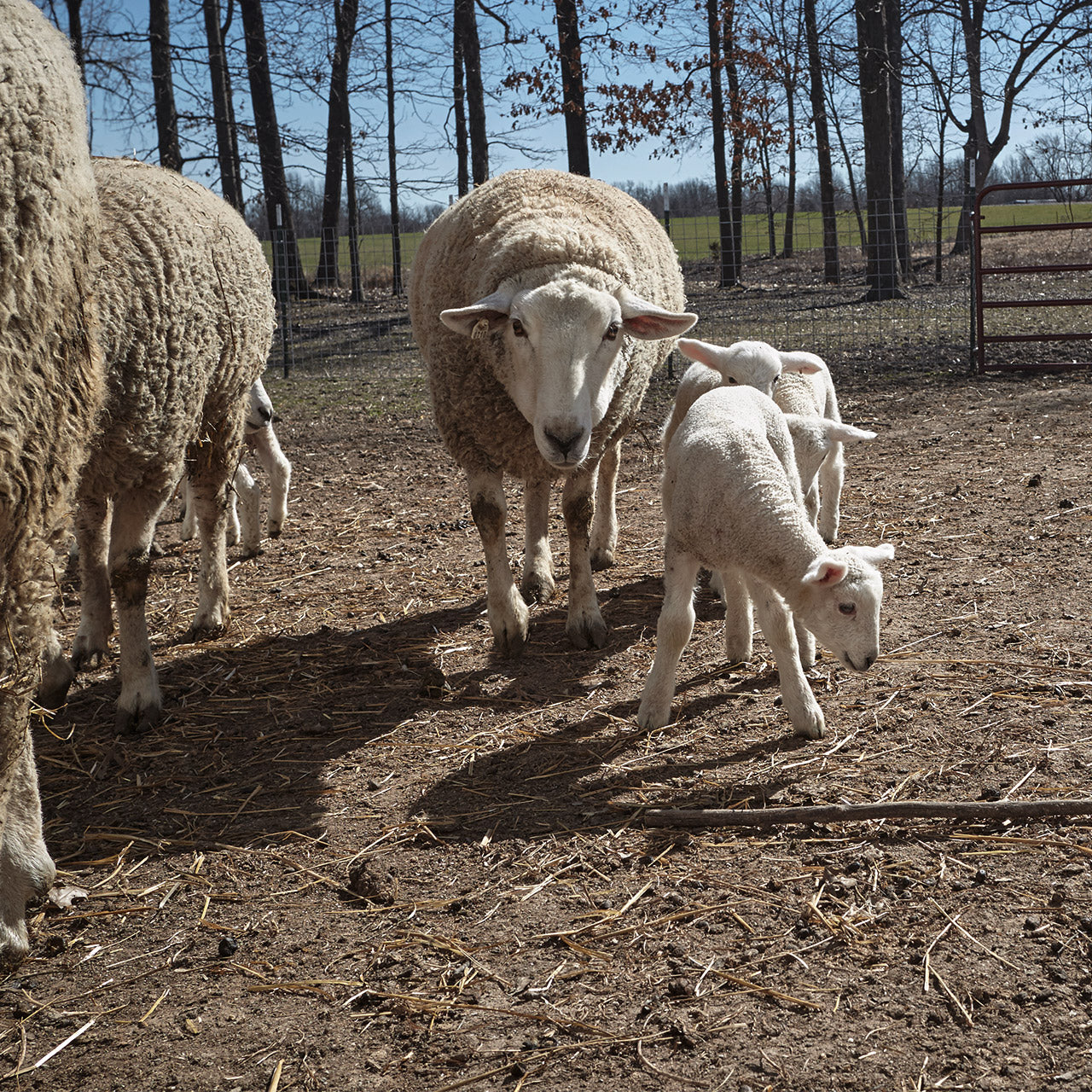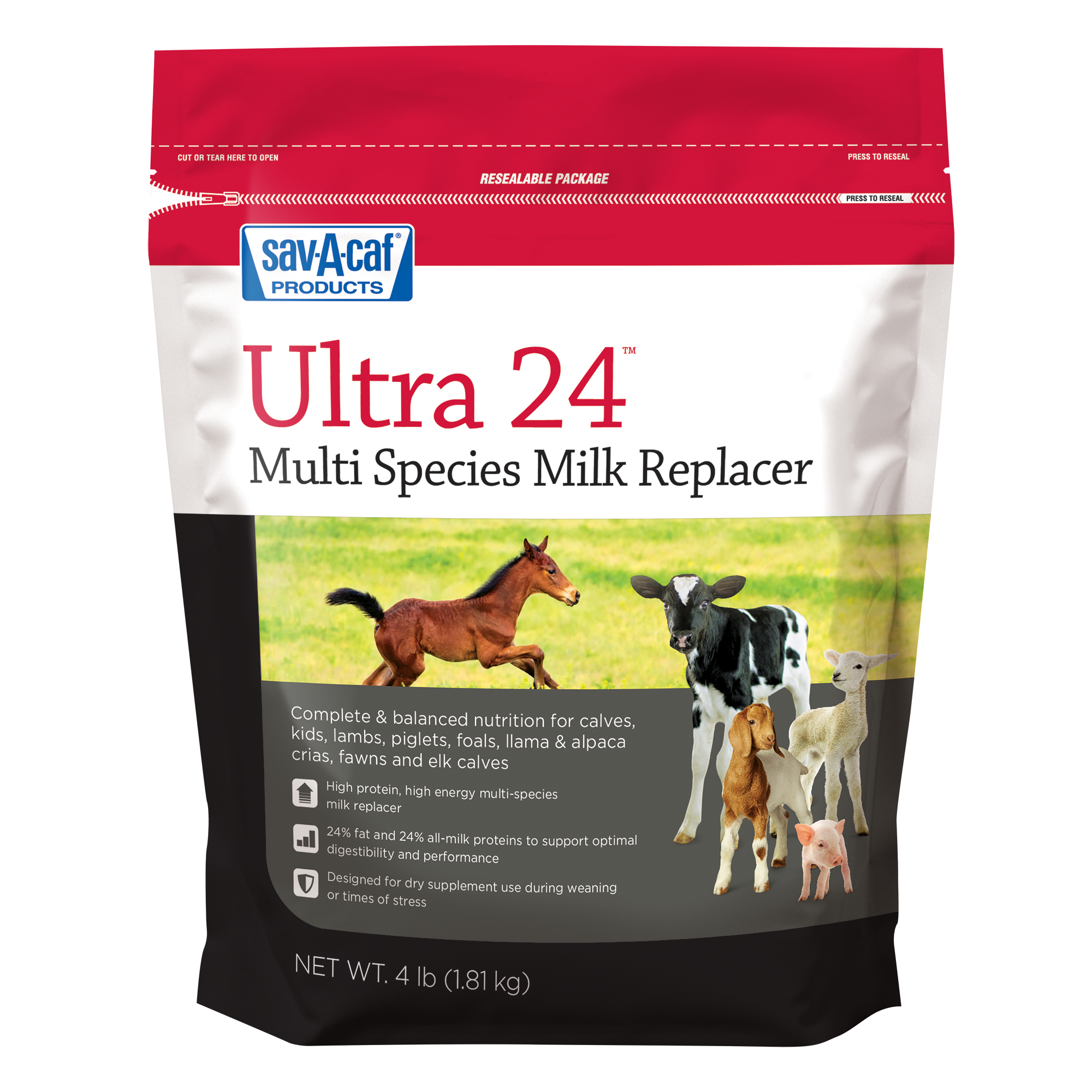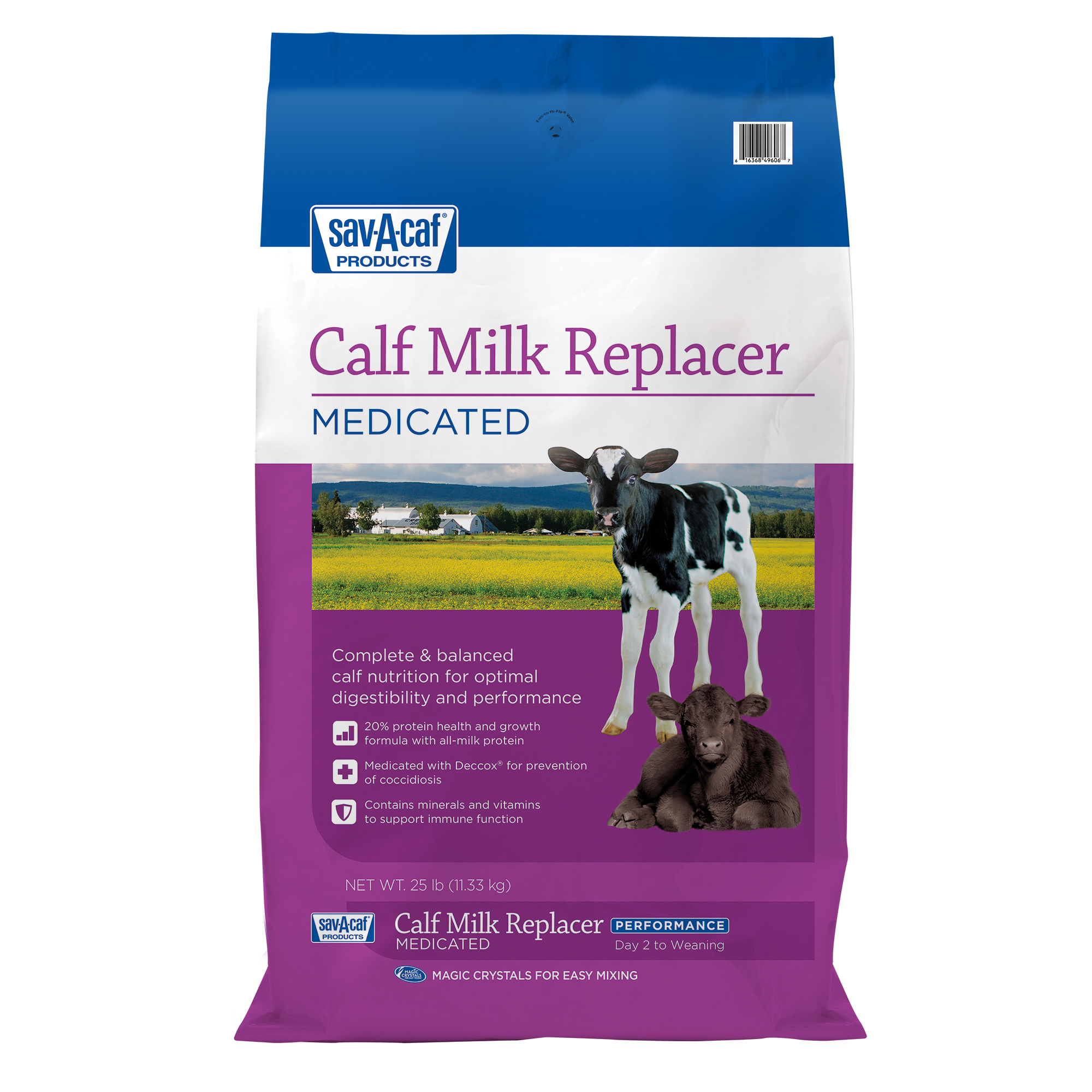
What to know before expanding your sheep flock
Are you thinking about expanding your sheep flock? Whether you plan to grow by breeding your ewes or buying lambs, adding more sheep to your farm can be exciting. Like all things in life, preparation is key to being successful. Take time to research and plan before making your decision.
Here are four areas to consider before expanding your flock:
1. What sheep breeds are best?
Breed and age should both play a factor in expanding your sheep flock. Before you decide which breed is best for you, think about what you’d like to do with your sheep flock.
Consider these questions:
- Do you want to use their wool?
- Are you hoping for meat or milk?
- Do you plan to breed them?
- Are you simply expanding your farm?
Sheep breeds generally fall into three categories: wool, meat and dairy. Many breeds are dual-purpose sheep, while some can be used for all three.
Popular wool sheep breeds:
- Merino
- Lincoln
- Rambouillet
- Romney
Popular meat sheep breeds:
- Suffolk
- Hampshire
- Dorset
- Southdown
Popular dairy sheep breeds:
- East Friesian
- Lacaune
Dual-purpose sheep breeds valued for both wool and lamb meat production:
- Columbia
- Corriedale
- Polypay
Choose a sheep breed that best fits your lifestyle. Consider the use, cost and management of each. A dairy sheep breed will require consistent milking, while you’ll need a plan for the wool and meat for other breeds. It’s also helpful to seek advice from local sheep breeders to get insights on why they chose their specific breed.
Once you’ve selected a sheep breed, decide which age is best for you. Are you interested in raising lambs or would you rather have adult sheep? Lambs are typically born in early spring and available at that time. Pregnant ewes can often be purchased in the fall so they can become accustomed to your farm before lambing.
2. Do you plan to breed sheep?
If you plan on breeding sheep, you may consider adding a ram. If breeding isn’t your goal, however, it is best to keep only ewes and wethers (castrated males). Rams can be aggressive and require additional nutrition and care during sheep breeding season. You’ll also need a separate housing facility if you choose to own ram sheep to properly manage mating.
If you decide to have a ram, be sure to have an experienced sheep owner help guide you along your journey. Rams can be dangerous to inexperienced sheep owners and should be handled with caution.
3. Do you have enough space for your sheep flock?
How much available space you have will be a driving factor in the size of your sheep flock.
Sheep are social animals and ruminants, so meeting their social needs is just as important as meeting their nutritional needs. Your sheep flock will be happiest grazing on pasture and being with at least one other sheep.
A general rule is four sheep per acre. However, this can vary greatly depending on the pasture type, rainfall and sheep size. Pastures can include a mixture of grasses, legumes, brush and trees. It’s a good idea to be familiar with what’s in your pasture. Sheep typically avoid poisonous plants, but proactive planning can prevent problems.
Inclement weather and predators can cause a threat to your sheep flock. Make sure to have enough shelter to keep them safe. A simple, south-facing, three-sided shed is often enough to protect your sheep flock from the elements and predators. They should each have 15 to 20 square feet of indoor space. Build a permanent fence around the shelter or consider a moveable fence so you can rotate grazing areas.
4. How will you feed your sheep flock?
Health and nutrition will be key factors in keeping a happy sheep flock. If you’re raising lambs, start them on a lamb colostrum replacer. Transition to a lamb milk replacer on day two through weaning. What should you look for in a lamb milk replacer? Find out here.
After you transition lambs to a starter feed, introduce them to forage or pasture. Besides forage, your sheep flock will need supplemental feed to complete their diet. Sheep supplements include minerals, vitamins and other components your sheep would miss if they were only consuming forage.
Your flock’s ration should contain protein, fat, fiber, minerals, roughage, concentrates and water. Make sure to select a feed formulated specifically for sheep as they can’t tolerate much copper in their diets.
By planning ahead, you can set your future sheep flock and farm up for success. Get more tips for raising sheep here.



